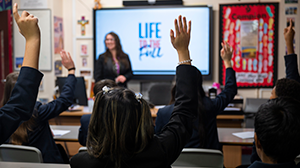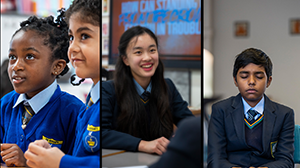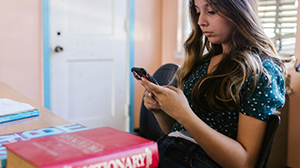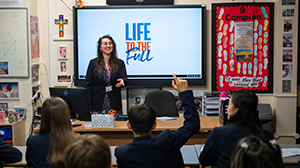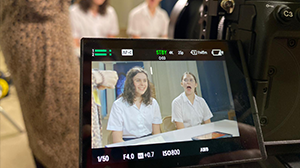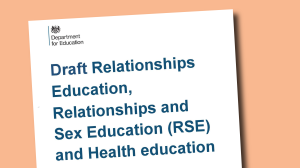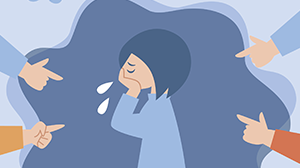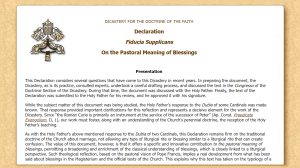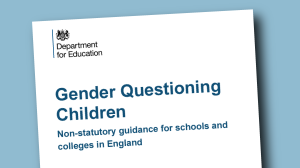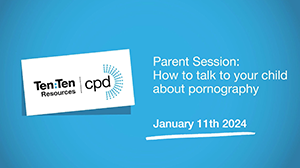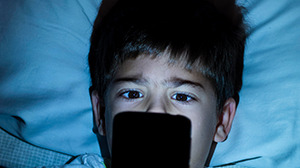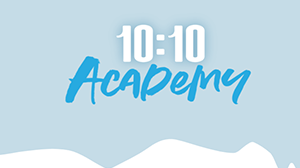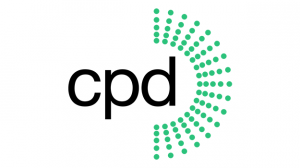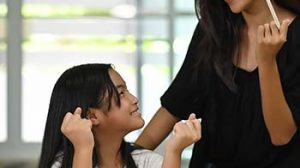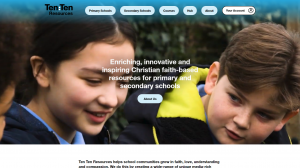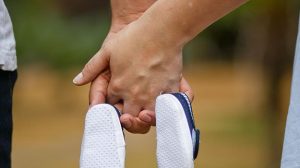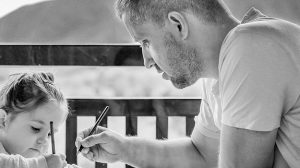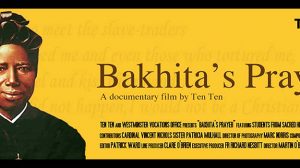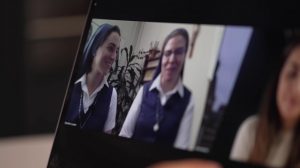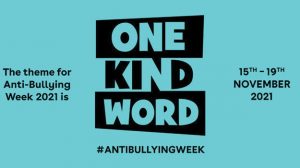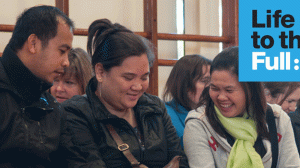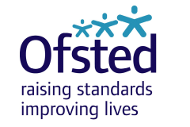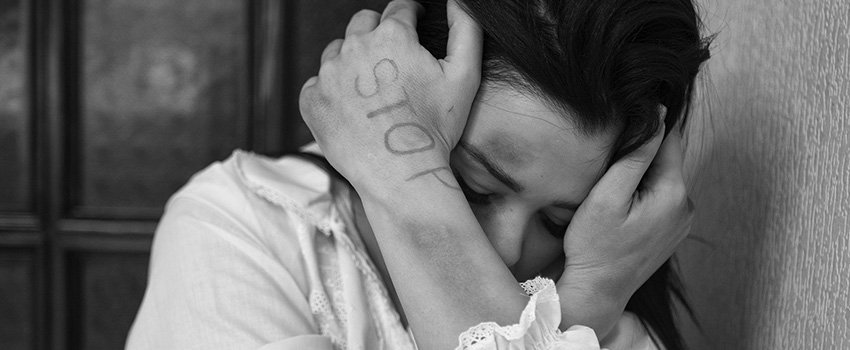
How do the secondary Life to the Full programme resources support the September 2021 ‘Keeping Children Safe in Education’ updates, particularly the updates concerning ‘Sexual Violence and Sexual Harassment between children’?
It’s worth noting that the main concerns of the document updates are very much linked to the safeguarding procedures, documentation and recording of incidents in schools, and training for staff. If you haven’t looked at the ‘Keeping Children Safe in Education’ updates yet, then you might find it useful to read in order to clarify more specifically what is being asked of schools.
How can Ten Ten Resources help you in this area?
As you’ll be aware, unlike in primary schools, sex education is statutory in secondary schools. Our Relationships, Sex and Health Education resources help build young people’s understanding of the dignity of our human bodies and our emotions, as well as how to protect and look after our bodies, and respect other people and their bodies.
While the following list is not exhaustive, it does feature key lessons which look at topics that will help you to safeguard the young people in your care…
- Year 7 – Lesson 6: My Life on Screen
Rooted in the Catholic teaching that we are made out of love for love, pupils will explore their digital lives and the effect our use of digital technology can have on ourselves and others.*
- Year 8 – Lesson 6: Think Before You Share
This session explores the social, personal and legal consequences of sharing images of a sexual nature. Pupils will also learn about their digital footprint, pornography and online exploitation, leading to the understanding that sharing anything in word, speech or action that reduces people to objects dishonours their God-given dignity.*
- Year 8 – Session 7: Wider World
Exploring issues of prejudice, discrimination and homophobic bullying, including a Holocaust case study, pupils will learn that we are called to love and respect one another as children of God with value and dignity that far surpasses our culture, race, religion, sexual orientation, choices and attitudes. Pupils will be given the opportunity to examine and commit to changing their own behaviour.
- Year 9 – Lesson 6: One Hundred Percent
In this lesson, pupils will learn about non-physical and online consent. They will learn that consent given under pressure or coercion is not true consent.
- Year 9 Lesson 7: Knowing My Rights and Responsibilities
The final session of the Year 9 programme explores issues around physical consent and sexual exploitation. It also explores wider human rights and responsibilities, and the tensions between human rights law and cultural/religious expectations.
- Year 9 – Cinema-in-Education: Love, Honour, Cherish
Love, Honour, Cherish explores peer pressure, relationships, sexting and the impact of the media. Students will know that they can choose to put a very high value on the gift of sex.
- Year 10 – Lesson 6: Abuse
This session unpacks different types of abuse (physical, emotional, domestic and neglect), which are all incompatible with an understanding of innate human dignity. The session also touches on topics such as entrapment, manipulation, sexual grooming, cyberbullying and pornography. Pupils will learn that people are not things to be used but uniquely precious persons to be loved and cherished, that we should remain vigilant to abuse in our own/others’ relationships and that victims of abuse should always be encouraged to speak out and access support.
- Year 11 – Lesson 7: Coercive Control
In this final session of the Year 11 programme, Mairi and Nathan explain how we are a social species: isolation is not in our nature. Our longing for intimate, exclusive relationships is a beautiful thing, but one that can make us vulnerable. The final interviewee is Annabel, who shares about her own journey of looking for love. Through Annabel’s story, pupils will be able to consider what is meant by coercive control and how this type of abusive relationship can develop. They will also be able to discuss issues such as rape, victim-blaming, sexism and misogyny.
*NB. This lesson should be taught in addition to a wider online safety curriculum, not replace it.


